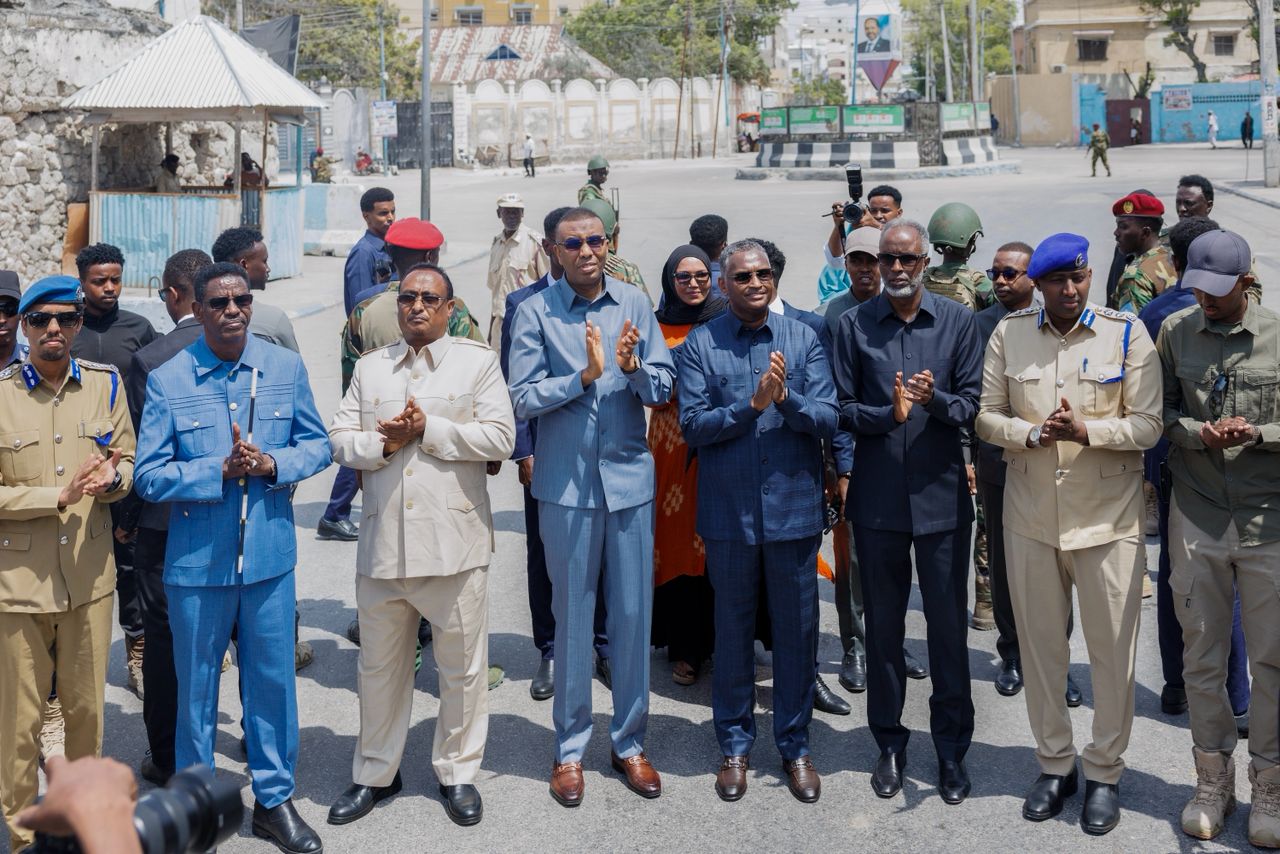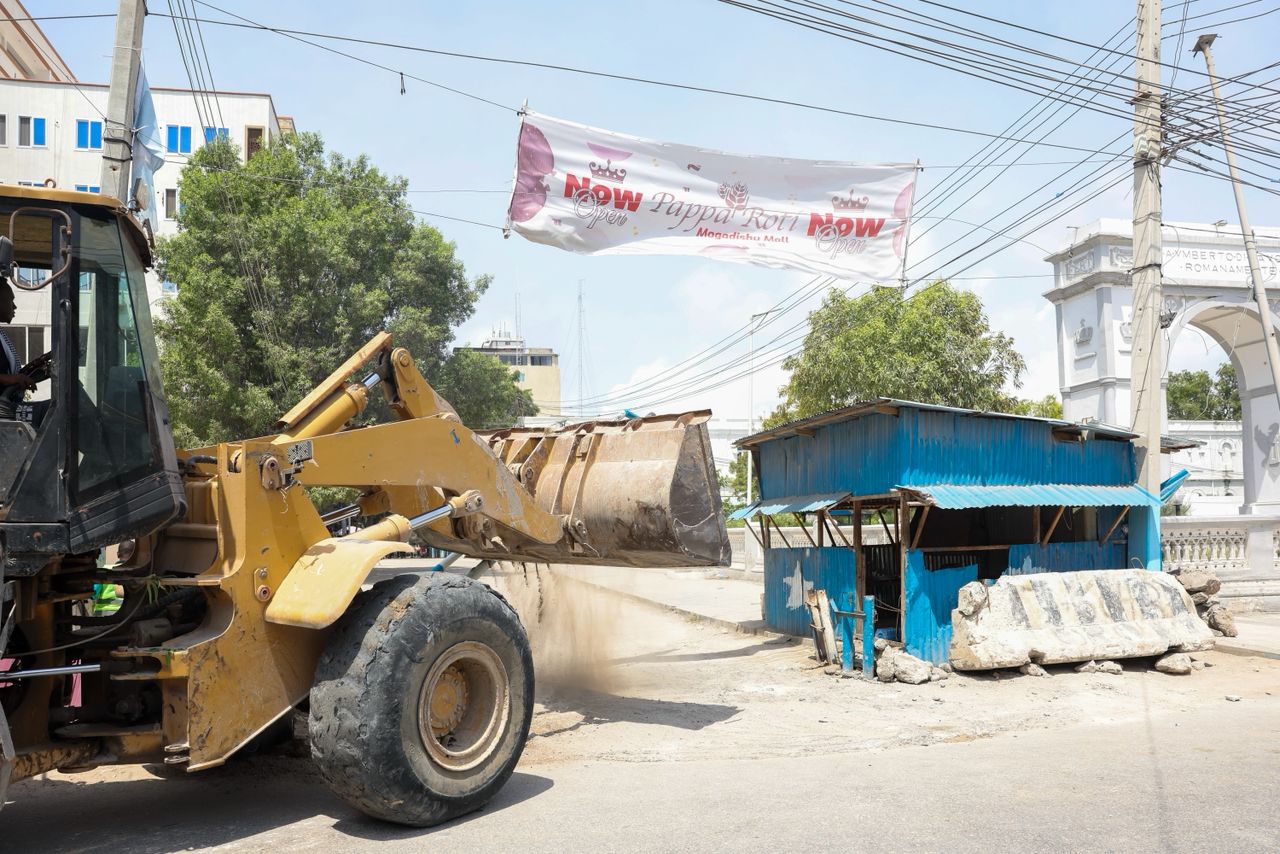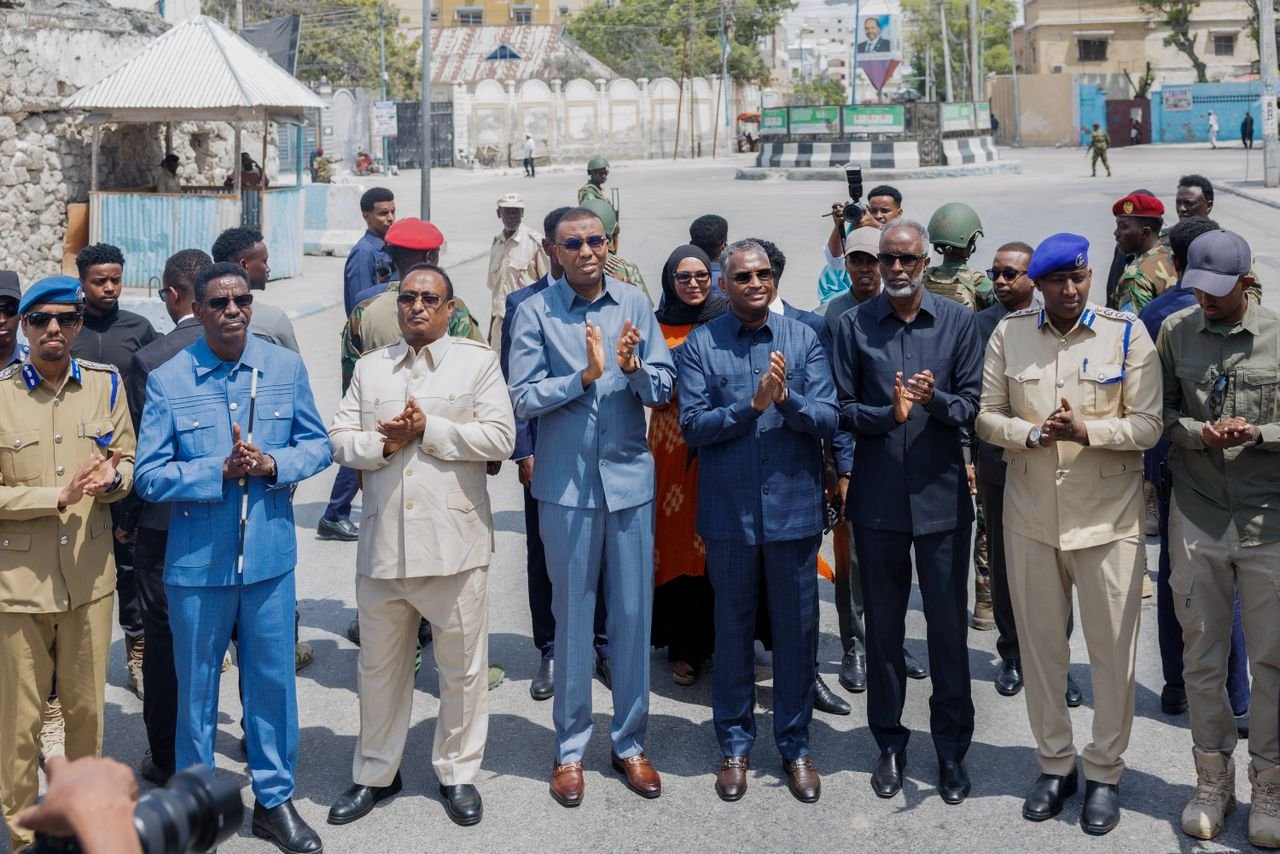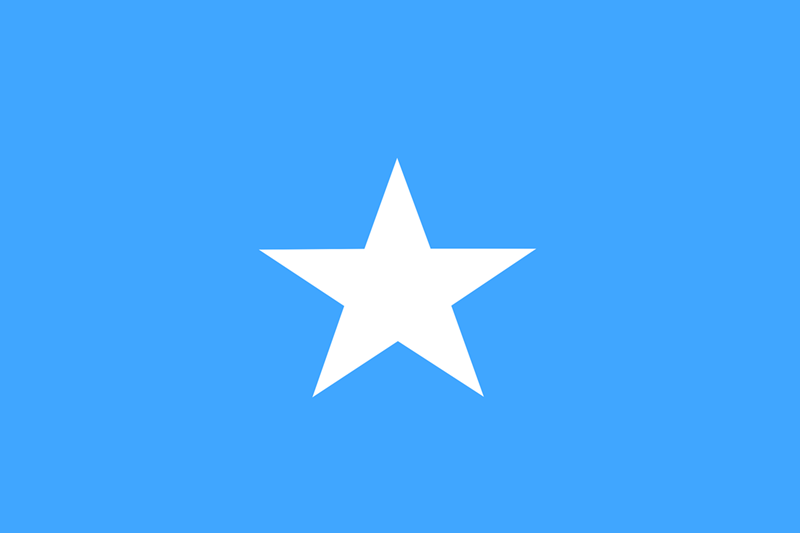Mogadishu — Somali Prime Minister Hamza Abdi Barre today officially launched a landmark plan to reopen 52 major roads in the capital Mogadishu, many of which have been closed for the past 15 years due to security concerns.
The launch was led by Prime Minister Barre and attended by senior government officials, security leaders, and representatives from the Banadir Regional Administration, as well as members of the public.
The Prime Minister announced that the reopening marks a significant milestone in restoring freedom of movement and improving daily life in Mogadishu. He said the closures, while once necessary, are no longer required thanks to tangible security improvements achieved under the government’s “DanQaran” program.
“Over the past 15 years, difficult circumstances forced us to close these roads. But the real solution to insecurity is not barricading streets — it is defeating terrorism and ensuring peace,” Barre said during the ceremony.
The announcement was made on October 4 in Mogadishu, the nation’s capital and largest city, which has endured some of the heaviest impacts of the country’s long-running conflict.
For years, the road closures have fueled public frustration, disrupted business, and contributed to heavy traffic congestion across Mogadishu. Reopening the streets is expected to ease mobility, support economic activity, and signal renewed confidence in the city’s security environment.
The government, in collaboration with the Banadir Regional Administration and national security agencies, has begun a 30-day phased reopening process. This includes removing barricades, rehabilitating damaged streets, and increasing security patrols to safeguard newly opened routes.
Mogadishu’s road network has long symbolized the struggle between security and normalcy. Since the height of the insurgency in the late 2000s, dozens of major streets were sealed off with concrete barriers to prevent suicide bombings and militant attacks. While these measures limited vehicle-borne threats, they also hindered commerce and restricted access to neighborhoods, government offices, and public spaces.
The road reopening initiative represents both a practical step and a symbolic message: that Mogadishu is reclaiming its urban life from years of fear and restrictions. By restoring movement and accessibility, the government hopes to demonstrate that the capital is turning a corner toward stability, while also reaffirming its commitment to defeating extremist threats at their roots.



